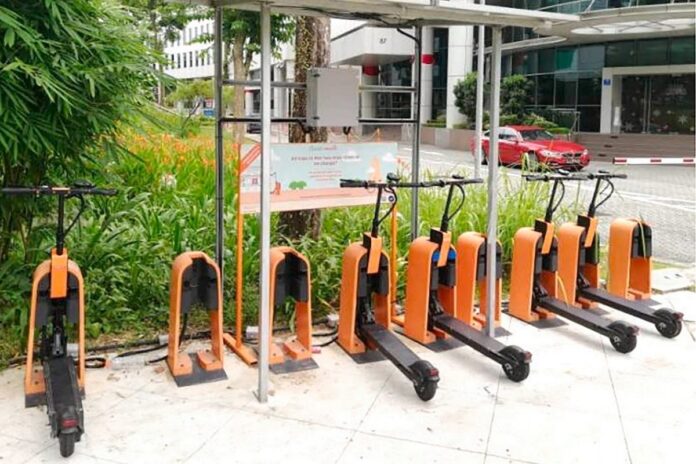As cities become more crowded and concerns about environmental sustainability grow, alternative modes of transportation are gaining popularity. Electric scooters and other forms of micro-mobility have emerged as convenient and eco-friendly solutions for short-distance travel. In this article, you will delve into the future of mobility, focusing on the rise of electric scooters and their impact on urban transportation.
The Rise of Electric Scooters
Electric scooters have quickly become a common sight in many cities worldwide. These compact and efficient vehicles offer a convenient mode of transportation, especially for short trips within urban areas. Their electric motors and rechargeable batteries provide a cleaner alternative to traditional gasoline-powered scooters, reducing emissions and noise pollution. For more information and promotional offers on electric scooters, you can visit Mobil-hondapromo , an informational website dedicated to showcasing the latest models and deals from Honda
Benefits of Electric Scooters
Electric scooters offer several advantages that contribute to their growing popularity. First and foremost, they are environmentally friendly, producing zero tailpipe emissions. This makes them a sustainable option for reducing air pollution and combating climate change. Additionally, electric scooters are cost-effective, requiring less maintenance and operating expenses than cars or motorcycles. They also provide a flexible and efficient way to navigate congested urban areas, bypassing traffic and reducing commute times.
Micromobility Solutions
Electric scooters are part of a broader concept known as micromobility, which encompasses various compact and lightweight transportation options. Micromobility solutions include electric scooters, electric bicycles, skateboards, and even small electric cars designed for short trips. These vehicles are designed to bridge the gap between walking and traditional modes of transportation, providing convenient and sustainable alternatives for urban dwellers.
Integration with Smart Infrastructure
The future of micromobility relies on integrating these vehicles with intelligent infrastructure. Cities are exploring innovative approaches to accommodate electric scooters and micromobility options. This includes the implementation of dedicated bike lanes, parking spaces, and charging stations specifically designed for these vehicles. Furthermore, technological advancements enable seamless integration with smartphone applications, allowing users to locate and rent electric scooters for their transportation needs efficiently. For more information about auto insurance coverage for micromobility vehicles, you can visit autoinsurancequotesil.com, an informational website that provides insights into insurance options and requirements for electric scooters and other micromobility options.
Challenges and Considerations
While electric scooters and micromobility offer numerous benefits, some challenges and considerations must be addressed. Safety is a significant concern, as the increased presence of electric scooters in urban areas raises the potential for accidents and collisions. Education and awareness campaigns and enforcing regulations and safety guidelines are crucial to ensure the safe coexistence of electric scooters and pedestrians, cyclists, and motorists.
Additionally, the management of electric scooter fleets poses logistical challenges. Companies providing shared electric scooter services must address issues such as proper maintenance, battery charging, and equitable distribution across the city. Collaborations between these companies and local authorities can help establish guidelines and regulations to ensure electric scooters’ responsible operation and management. You can also visit this website carinsurersonline for detailed information about electric scooters and micromobility.
Conclusion
The future of mobility lies in exploring alternative transportation options such as electric scooters and micromobility. These vehicles offer a sustainable and efficient solution for short-distance travel within urban areas, reducing congestion and emissions. With proper infrastructure, regulations, and awareness, electric scooters can significantly transform urban transportation and create greener, more livable cities. As technology advances, the future of mobility promises exciting possibilities for a more sustainable and accessible transportation landscape.




